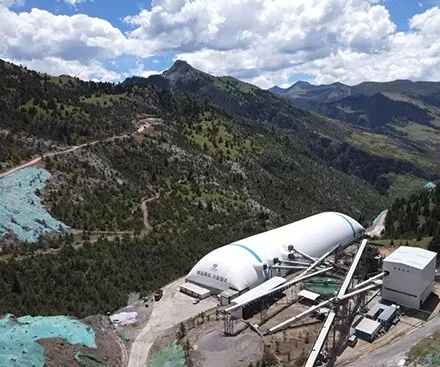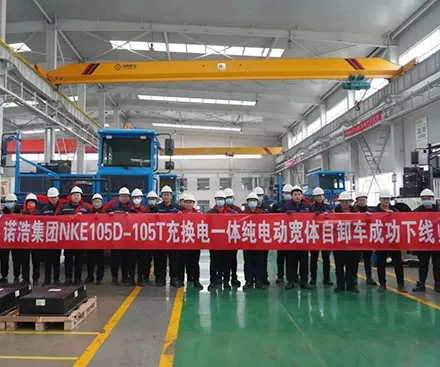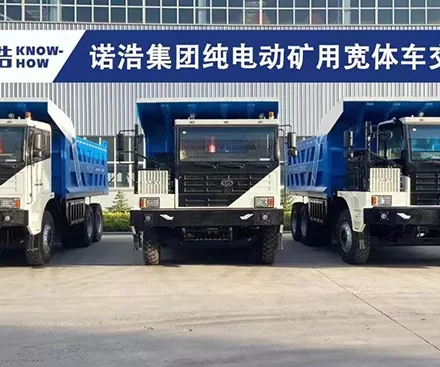In the realm of heavy machinery, the terms "wheel loader" and "loader" are often used interchangeably, leading to confusion among enthusiasts, industry professionals, and even newcomers. However, there are distinctive features and specific functions that set these two apart, offering unique capabilities and applications in various operational settings.
Wheel loaders are robust, heavy-duty equipment designed primarily for loading materials, such as soil, gravel, or asphalt, into trucks, trailers, or other hauling vehicles. These machines are characterized by their large front-mounted buckets, which can be replaced with other attachments for specialized tasks. The pivotal feature of wheel loaders is their ability to maneuver swiftly, owing to their articulated steering.
On the other hand, the term "loader" is a broader classification encompassing various types, including wheel loaders. Loaders, in a general sense, are machines employed for loading and moving materials within construction sites, warehouses, and other industrial settings. These machines can be tracked or wheeled, and their primary function revolves around scooping, lifting, and transporting materials.
Wheel loaders typically boast a distinctive design with a front-mounted bucket connected to a rigid frame and an articulated steering system, allowing for enhanced maneuverability in confined spaces. In contrast, loaders in a broader context can refer to various configurations, including skid-steer loaders and track loaders, each possessing unique structural attributes suitable for specific applications.
Loaders and wheel loaders differ in their load capacities. Loaders, often known as skid steer loaders or compact loaders, are generally smaller and have lower load capacities compared to wheel loaders. They are suitable for tasks that involve handling smaller loads, such as landscaping, snow removal, or light construction work. Wheel loaders, with their larger size and stronger engines, are designed for heavy-duty tasks that require moving substantial amounts of material, like loading large trucks or stockpiling materials in bulk.
While both wheel loaders and loaders serve the fundamental purpose of material handling, wheel loaders are adept at efficiently moving substantial volumes of material over short distances. Their swift maneuverability and capacity to handle various terrains make them indispensable in construction, mining, and agricultural operations.
On the other hand, other types of loaders, such as skid-steer loaders or track loaders, offer increased versatility for tasks requiring more agility, precision, and accessibility in confined spaces. These loaders excel in tasks like landscaping, site preparation, and working within constrained areas.
Wheel loaders, owing to their articulated steering mechanism and larger bucket capacities, excel in scenarios requiring high-volume material movement. Their ability to swiftly turn and navigate around obstacles makes them suitable for applications demanding quick loading and transportation within construction sites and industrial yards.
Contrarily, other loaders like skid-steer loaders are renowned for their compact size, exceptional maneuverability, and ability to perform various tasks due to their interchangeable attachments. Their agility enables them to handle tasks that demand precise movement and operation within confined areas, such as indoor construction sites or narrow spaces.
In conclusion, while both wheel loaders and loaders fall under the broader category of heavy equipment utilized for material handling, the distinctions lie in their design, functionality, and applications. Understanding these nuances allows industries to leverage the right machinery for specific tasks, ensuring efficiency, productivity, and optimal performance.
Knowhow equipped with comprehensive wheel loaders and loaders product line, any purchasing problem, please feel free to contact us! We are looking forward to cooperating with you to save cost for your business!

Jul. 23, 2022
View More
Jun. 15, 2022
View More
Jun. 01, 2022
View More